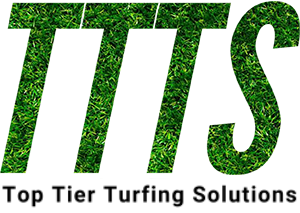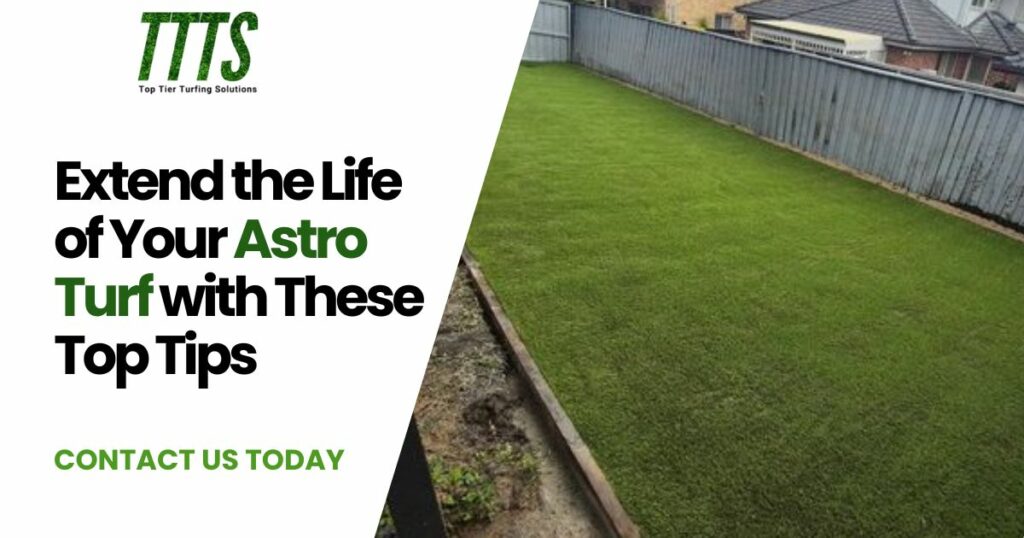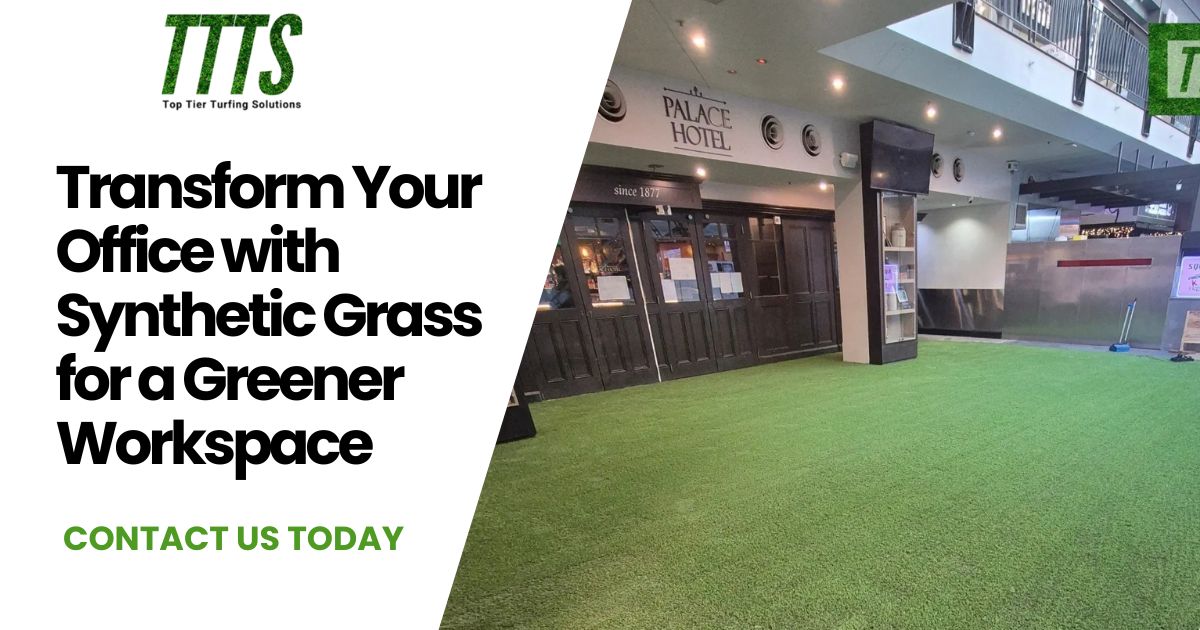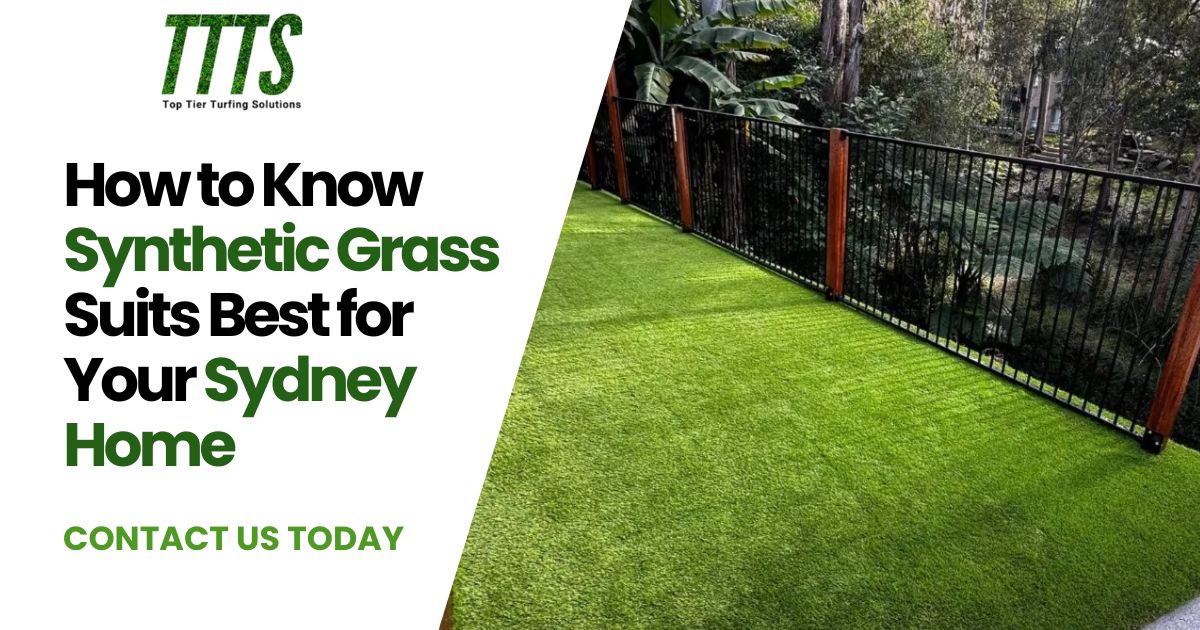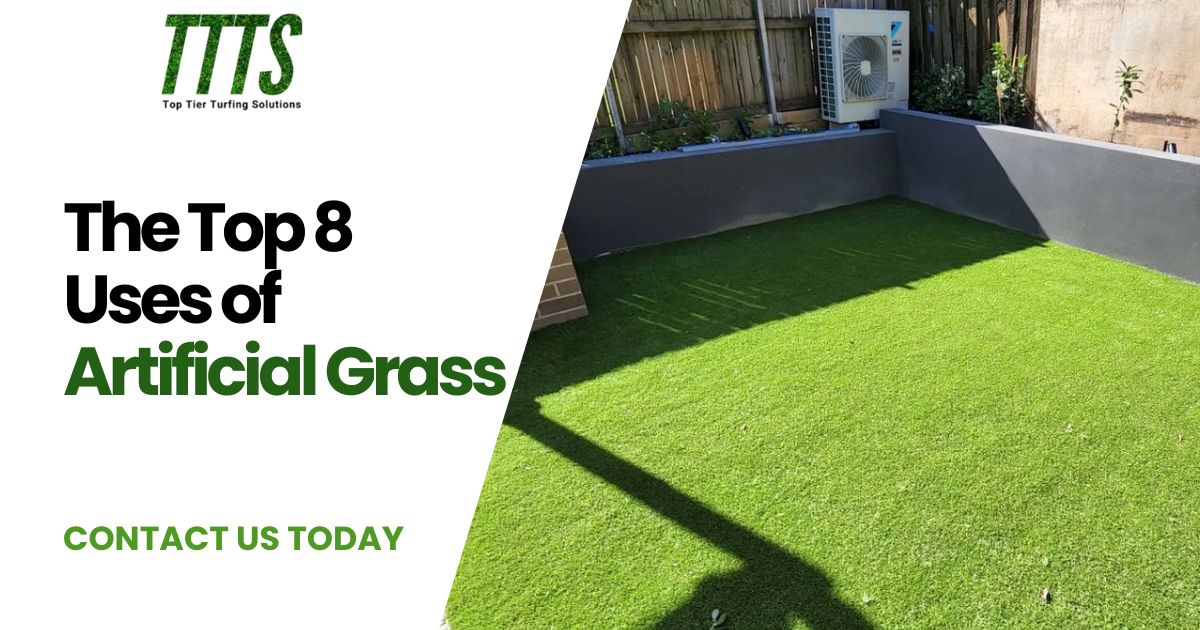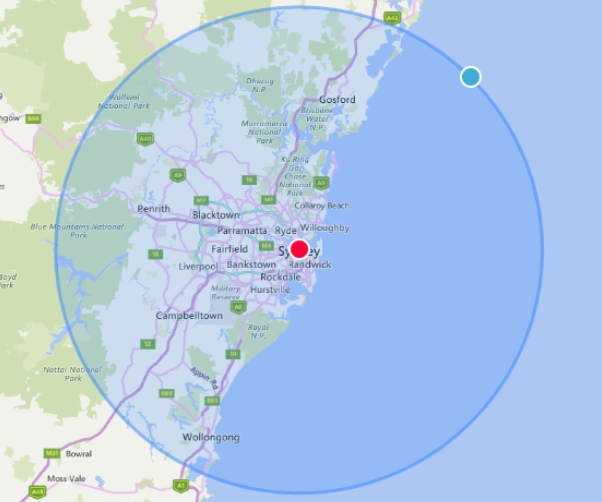Weighing the Pros and Cons of Artificial Turf for Sydney Lawns
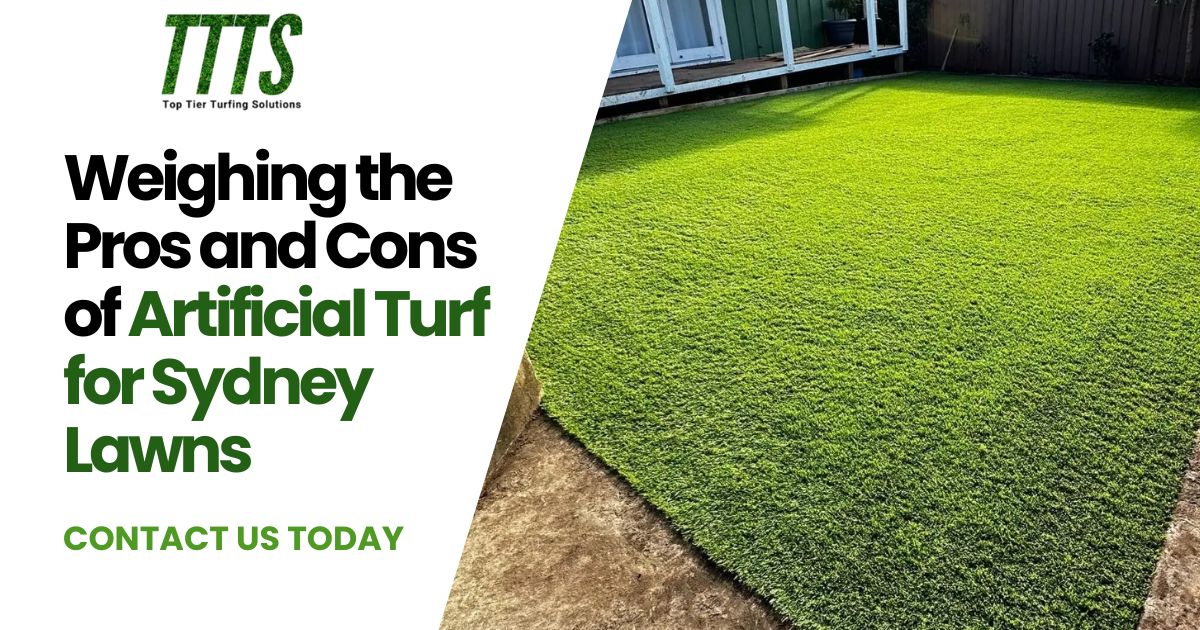
With Sydney’s unpredictable climate and the increasing concern for water conservation, many homeowners are considering alternatives to natural grass. Enter artificial turf—a solution that promises lush, green lawns without the hassle.
But is it the best option for your garden? In this comprehensive guide, we’ll explore the pros and cons of artificial turf, helping you make an informed decision.
Artificial turf has gained popularity among Sydney homeowners, environmental enthusiasts, and landscapers.
This blog post will discuss the advantages and disadvantages of synthetic turf—covering costs, maintenance, environmental impact, aesthetics, durability, safety, and more. By the end, you’ll have a clear picture of whether artificial turf is the right choice for your lawn.
Cost Analysis Initial Investment vs Long-Term Savings
Initial Costs
The upfront cost of installing artificial turf can be considerable. Depending on the quality and type, prices range from $20 to $40 per square metre—excluding labour costs. For a standard 50-square-metre lawn, you could be looking at an initial investment of up to $2,000.
Long-Term Savings
While the initial outlay may seem steep, the long-term savings are significant. Unlike natural grass, artificial turf requires no watering, mowing, or fertilising. Over time, you’ll save money on water bills and lawn care services.
A Balanced View
When weighing initial costs against long-term savings, it’s crucial to consider your specific needs and budget. If you plan to stay in your home for many years, the long-term savings can outweigh the initial expense.
Maintenance Requirements Artificial Turf vs Natural Grass
Low Maintenance Love
One of the most appealing aspects of artificial turf is its low maintenance. There’s no need to mow, water, or fertilise. Simply brush the fibres occasionally to keep them looking fresh.
Natural Grass Hassles
In contrast, natural grass demands regular attention. Mowing, watering, fertilising, and weeding can become a time-consuming chore, especially during the peak growing season.
Finding Balance
For busy homeowners or those who travel often, the low maintenance of artificial turf can be a game-changer. However, if you’re someone who enjoys lawn care as a hobby, natural grass might still be your best bet.
Environmental Impact Water Conservation and Eco-Friendliness
Water Conservation
Artificial turf significantly reduces water usage, a critical factor in drought-prone Sydney. Studies show that synthetic lawns can save up to 55 gallons of water per square metre annually.
Eco-Friendliness
Conversely, the production of artificial turf involves substantial energy and raw materials, contributing to carbon emissions. Additionally, disposal at the end of its life cycle poses environmental challenges.
Weighing the Impact
While artificial turf offers water-saving benefits, it’s essential to consider the broader environmental footprint. Weighing these factors will help you make an eco-friendly choice.
Aesthetic Appeal Year-Round Greenery and Landscaping Flexibility
Permanent Greenery
One of the standout features of artificial turf is its year-round greenery. Unlike natural grass, which can brown during droughts or winter, artificial turf remains consistently vibrant.
Landscaping Versatility
Artificial turf offers unparalleled flexibility in landscaping. It can be cut and shaped to fit any area, making it ideal for intricate garden designs and tight spaces.
Beauty in Balance
If the aesthetic appeal of a perfectly manicured lawn is high on your list, artificial turf delivers without fail. However, some purists may still prefer the natural look and feel of real grass.
Durability and Lifespan: How Long Does Artificial Turf Last?
Longevity
High-quality artificial turf can last 15 to 20 years, making it a durable option for your lawn. However, the lifespan can vary based on factors like usage and weather conditions.
Wear and Tear
While artificial turf is resilient, it isn’t entirely immune to wear and tear. Heavy foot traffic or pet activity can lead to flattening or damage over time.
Durability Considerations
When investing in artificial turf, consider how much use your lawn will get. For busy households with kids and pets, opting for a high-durability product is essential.
Safety Considerations: Is Artificial Turf Safe for Pets and Children?
Pet and Child-Friendly
Artificial turf is generally safe for pets and children. Many manufacturers use non-toxic materials, and the turf’s surface is designed to minimise injuries from falls.
Heat Concerns
One downside is that artificial turf can get extremely hot under direct sunlight, posing a risk, especially for pets and young children. Some products now include cooling technologies to mitigate this issue.
Making the Safe Choice
When selecting artificial turf, look for products that are certified safe for pets and children. Additionally, consider installing shade structures to keep the surface cool.
Performance in Different Weather Conditions: Heat, Rain, and UV Exposure
Heat Resistance
Artificial turf can withstand Sydney’s harsh summer heat, but as mentioned earlier, it can become hot to the touch. Some brands offer heat-resistant options to keep temperatures down.
Rain and Drainage
Modern artificial turf features efficient drainage systems, which prevent waterlogging and promote quick drying after rain. This makes it suitable for Sydney’s variable weather patterns.
UV Protection
Quality artificial turf includes UV protection to prevent fading and degradation from sun exposure, ensuring your lawn stays vibrant longer.
Installation Process: DIY vs Professional Installation
DIY Installation
For the handy homeowner, DIY installation is an option. However, careful preparation and precision are required to ensure the turf lays flat and drains correctly.
Professional Installation
Hiring a professional guarantees a seamless installation, with experts handling everything from ground preparation to final touches. This option ensures the longevity and performance of your turf.
Choosing the Right Path
Consider your budget, skill level, and the complexity of your lawn when deciding between DIY and professional installation. While DIY can save money, professional installation often yields better results.
Potential Health Concerns Allergens and Chemicals
Allergen-Free
Artificial turf is hypoallergenic, making it an excellent choice for allergy sufferers. It eliminates pollen and other allergens that natural grass can harbour.
Chemical Exposure
Some concerns exist about the chemicals used in artificial turf production. However, reputable brands ensure their products are free from harmful substances.
Healthier Choices
Researching and choosing high-quality, non-toxic turf is crucial for maintaining a healthy living environment.
Impact on Property Value: Does Artificial Turf Add or Diminish Value?
Potential Boost
For some buyers, a low-maintenance, evergreen lawn can be a selling point, potentially boosting property value.
Market Perception
Conversely, traditionalists might prefer natural grass, viewing artificial turf as less desirable. The impact on property value can vary depending on buyer preferences.
Value Judgment
When deciding if artificial turf is right for your property, consider your long-term plans and the tastes of potential buyers in your area.
Versatility of Use in Residential, Commercial, and Recreational Applications
Residential Uses
Artificial turf is perfect for residential lawns, gardens, and even rooftop terraces. Its versatility allows for creative landscaping solutions.
Commercial Applications
Businesses use artificial turf for commercial landscapes, creating inviting, low-maintenance green spaces. It’s also popular in playgrounds and sports fields.
Recreational Spaces
Artificial turf is widely used in recreational spaces like golf courses, tennis courts, and dog parks. It offers durability and consistent performance.
Common Myths and Misconceptions about Artificial Turf
Myth-Busting
There are several myths about artificial turf, such as it being unsafe or uncomfortable. In reality, modern turf is designed to be both safe and comfortable.
Debunking Misconceptions
Another misconception is that artificial turf looks fake. High-quality options closely mimic the look and feel of natural grass, often fooling the eye.
Clearing the Air
Understanding the truth behind these myths can help you make a more informed decision about whether artificial turf suits you.
Touch and Feel Comparing Artificial Turf to Natural Grass
The Sensory Experience
Artificial turf has come a long way in mimicking the touch and feel of natural grass. Many high-end options are soft and cushiony underfoot.
Real vs Artificial
While it can closely replicate natural grass, some people may still prefer the authentic experience of walking on real grass, with its natural texture and scent.
Personal Preference
Ultimately, the choice between artificial and natural grass comes down to personal preference. Trying out samples can help you decide which feel you prefer.
Challenges and Limitations of Using Artificial Turf
Cost Considerations
The initial cost can be a barrier for some homeowners, and while long-term savings are significant, the upfront investment might be prohibitive.
Environmental Concerns
The environmental impact of manufacturing and disposing of artificial turf remains a concern. It’s essential to weigh these factors against the benefits.
Practical Limitations
Artificial turf isn’t maintenance-free. Occasional brushing and cleaning are necessary to keep it looking its best. Additionally, it may not be suitable for all climates or applications.
Local Regulations and Guidelines for Installing Artificial Turf in Sydney
Regulatory Overview
When installing artificial turf in Sydney, it’s crucial to comply with local regulations and guidelines. These may include restrictions on certain materials or installation practices.
Permits and Approvals
Before starting your project, check if any permits or approvals are required. Consulting with local authorities can ensure you adhere to all necessary regulations.
Staying Compliant
Working with a professional installer familiar with Sydney’s regulations can help streamline the process and ensure compliance.
Conclusion
Artificial turf offers numerous benefits, from low maintenance to year-round greenery. However, it has its drawbacks. Understanding the pros and cons can help you make an informed decision that aligns with your lifestyle and values.
If you’re considering switching to artificial turf, we at TTTS offer the best synthetic turf installation in Sydney and surrounding areas. We provide free estimates, quotes, expert advice, and consultations.
